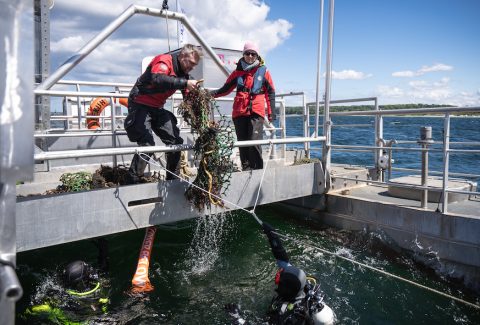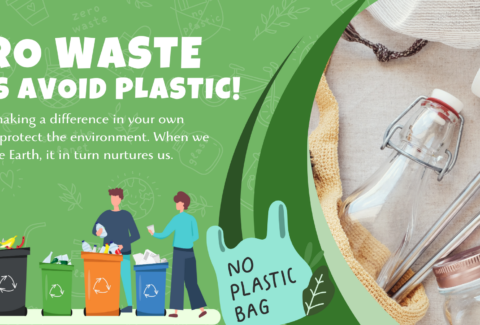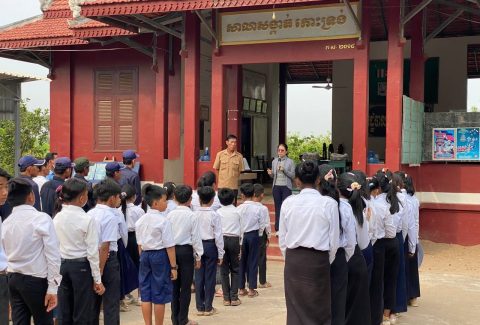Homepage
9. December 2019 2023-11-09 5:59Homepage
WE FROM ONE EARTH – ONE OCEAN ARE PEOPLE, WHO ACTIVELY CREATE A CLEAN ENVIRONMENT
With our “Miritime Waste Collection” concept we pursue the aim of freeing waters from plastic, oil and chemicals globally.
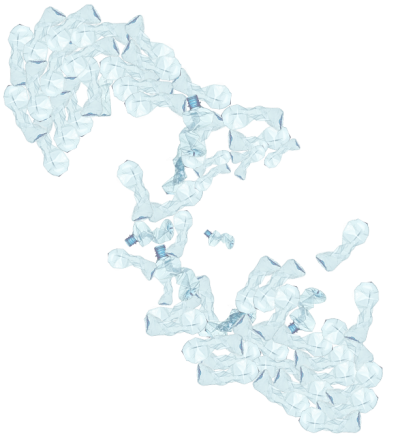
THE PROBLEM
Every year around 10 million tonnes of pollution enter global waters. Up to 80 per cent of it originates from land and about three quarters of it are plastic wastes.
Already existing today there is more than 150 million tonnes of plastic pollution in the oceans worldwide. According to studies by the UN by the year of 2050 the weight of plastic pieces will be higher than the weight of all fish swimming in the seas .
Plastic pollution has an endurance of up to 450 years and ends up as mircoplastics (smallest particles) due to the food intake by fish, which are also a part of our food chain. With this plastic pollution in oceans is not only harming the fragile ecosystem, but especially us humans.
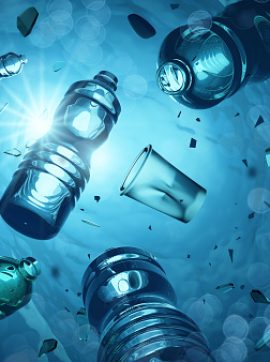
WHAT WE DO
We, from the environmental organization One Earth - One Ocean e.V. (oeoo), based in Munich with offices in Kiel, Rio/Brazil, Phnom Penh/Cambodia, and Manila/Philippines, have developed the concept of "Maritime Waste Collection" to clean up waters worldwide from plastic waste (as well as oil and chemicals). Currently, oeoo is active in 11 countries with 14 cleaning units (2022). From Brazil to Uganda, Egypt to Europe, and countries like Cambodia, Malaysia, Indonesia, and the Philippines, we are dedicated to environmental action.
11Countries
14 cleaning cells
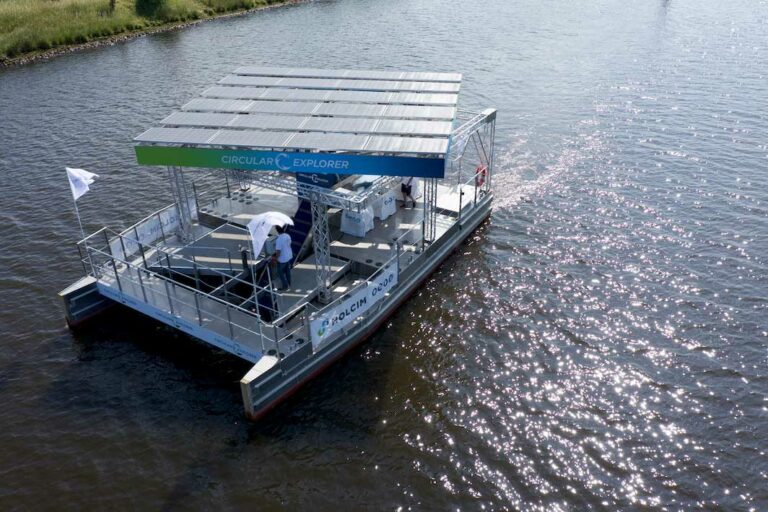
OUR MAIN SPONSORS

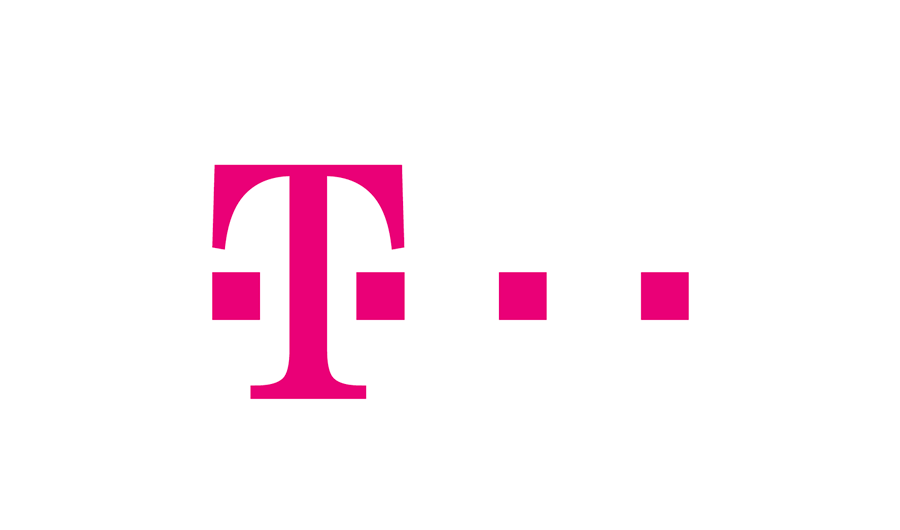

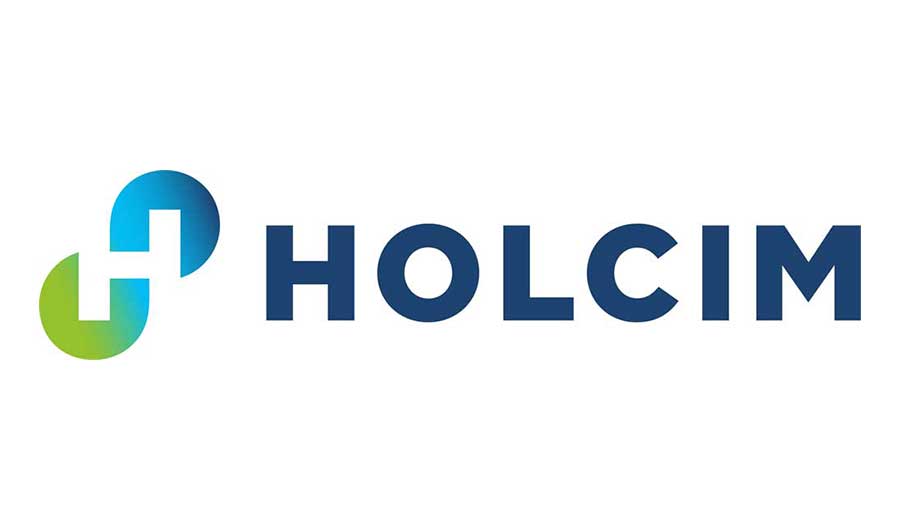
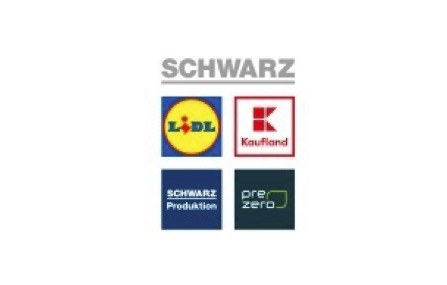
SPONSORS AND SUPPORTER



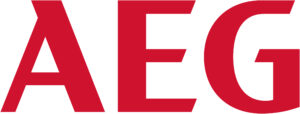








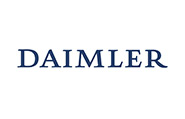

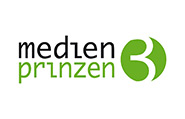
Unterstützen Sie uns!
Ihnen gefallen unsere Umweltschutzprojekte und Aktionen? Dann unterstützen Sie uns bitte als Mitglied mit ihrem jährlichen Förderbeitrag oder mit einer Spende.

Address
Informationen
© COPYRIGHT 2022, ONE EARTH- ONE OCEAN E.V.

